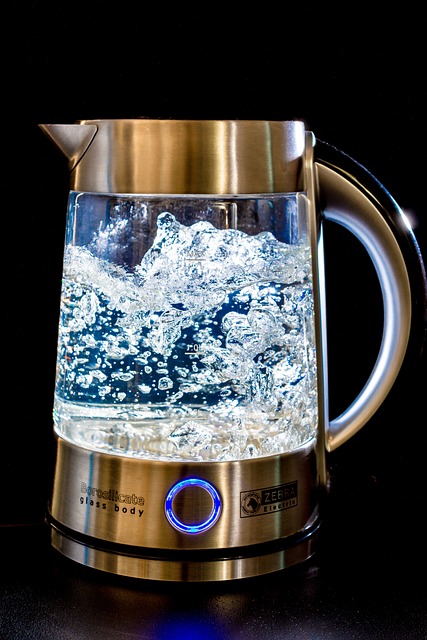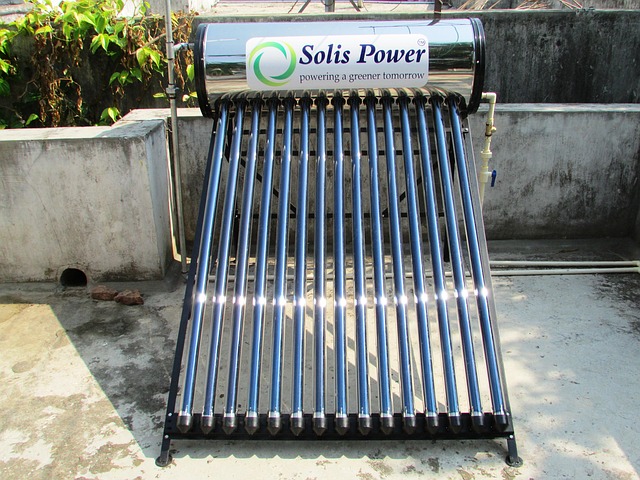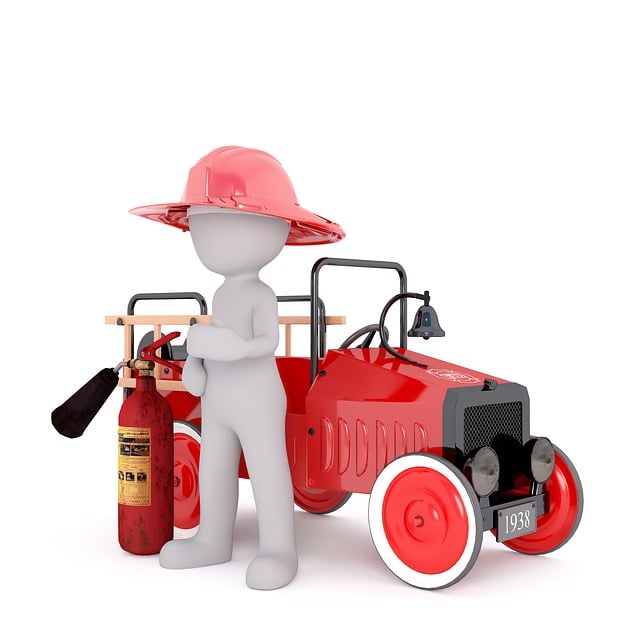Assessing whether to repair or replace your water heater involves considering its age (over 10-15 years old signifying end of lifespan) and performance issues like slow heating, temperature inconsistency, and decreased water pressure. Regular maintenance can extend the life of an older model, but frequent costly repairs may indicate a need for a modern, energy-efficient replacement to avoid safety hazards and high utility costs. Recognizing signs such as lower hot water output, frequent heating cycles, or unusual noises is crucial in making this decision.
Is your water heater struggling to keep up with your hot water demands? Before you decide on repair or replacement, consider these factors. This guide will help you navigate the decision between fixing an old unit and investing in a new, more efficient water heater. We’ll explore common signs of performance issues, cost-effective solutions, and when it’s time for an upgrade, focusing on major defects, sustainability, and future technology to ensure you make the best choice, especially if you’re noticing persistent signs you need a new water heater.
Assessing Age and Performance

Assessing Age and Performance is a crucial step in determining whether to repair or replace your water heater. One of the clearest Signs You Need a New Water Heater is its age. If it’s more than 10-15 years old, it might be nearing the end of its lifespan. Even if it seems to be functioning adequately, older models are often less energy-efficient and can lead to higher utility bills.
Performance is another critical indicator. If your water heater takes a long time to heat water, has inconsistent temperature, or struggles to maintain heat throughout the day, these could be red flags. Such issues might suggest internal components are failing, which could be costly to repair. In many cases, if your water heater exhibits several of these signs, it’s more economical and efficient to invest in a new one.
– How old is your water heater?

If your water heater is an older model, its age can be a significant indicator of whether it’s time for an upgrade. Most water heaters last between 10 to 15 years, but this lifespan can vary based on factors like quality, usage, and maintenance. As your heater ages, you might start noticing subtle signs that it’s struggling to keep up with your hot water needs. Look out for these signs you need a new water heater, such as inconsistent heating, frequent temperature fluctuations, or a notable decrease in water pressure.
Regular maintenance can extend the life of your current heater, but if repairs become too costly or frequent, it might be more economical to invest in a new one. Modern water heaters come with advanced features and energy-saving technologies that could not only improve your hot water experience but also reduce utility bills. Weighing the costs and benefits of repair versus replacement is key to ensuring you have reliable, efficient hot water for years to come.
– Common signs of performance issues

If your water heater is starting to show signs of performance issues, it might be time to consider replacing it rather than repairing it. Some common signs that indicate a need for a new water heater include significantly reduced hot water output or temperature, frequent heating cycles, and noisy operation. If you notice that your water takes much longer to heat up compared to when it was new, or if the hot water only lasts a few minutes before turning cold, these are clear indicators of potential problems with its internal components.
Additionally, unusual noises coming from your water heater, such as banging, rumbling, or screeching sounds, could suggest that parts like the dip tube or heating element are damaged or worn out. A water heater that frequently turns on and off could also point to a malfunctioning thermostat or other control systems. These signs not only affect the efficiency of your water heater but can also lead to higher energy bills and potential safety hazards if left unaddressed.
When deciding between repairing or replacing your water heater, consider its age and recent performance. If your unit is over 10 years old and exhibiting signs like inconsistent hot water, excessive energy usage, or frequent repairs, it might be time for an upgrade. Recognizing these signs you need a new water heater early can help avoid unexpected breakdowns and ensure efficient heating for your home.
